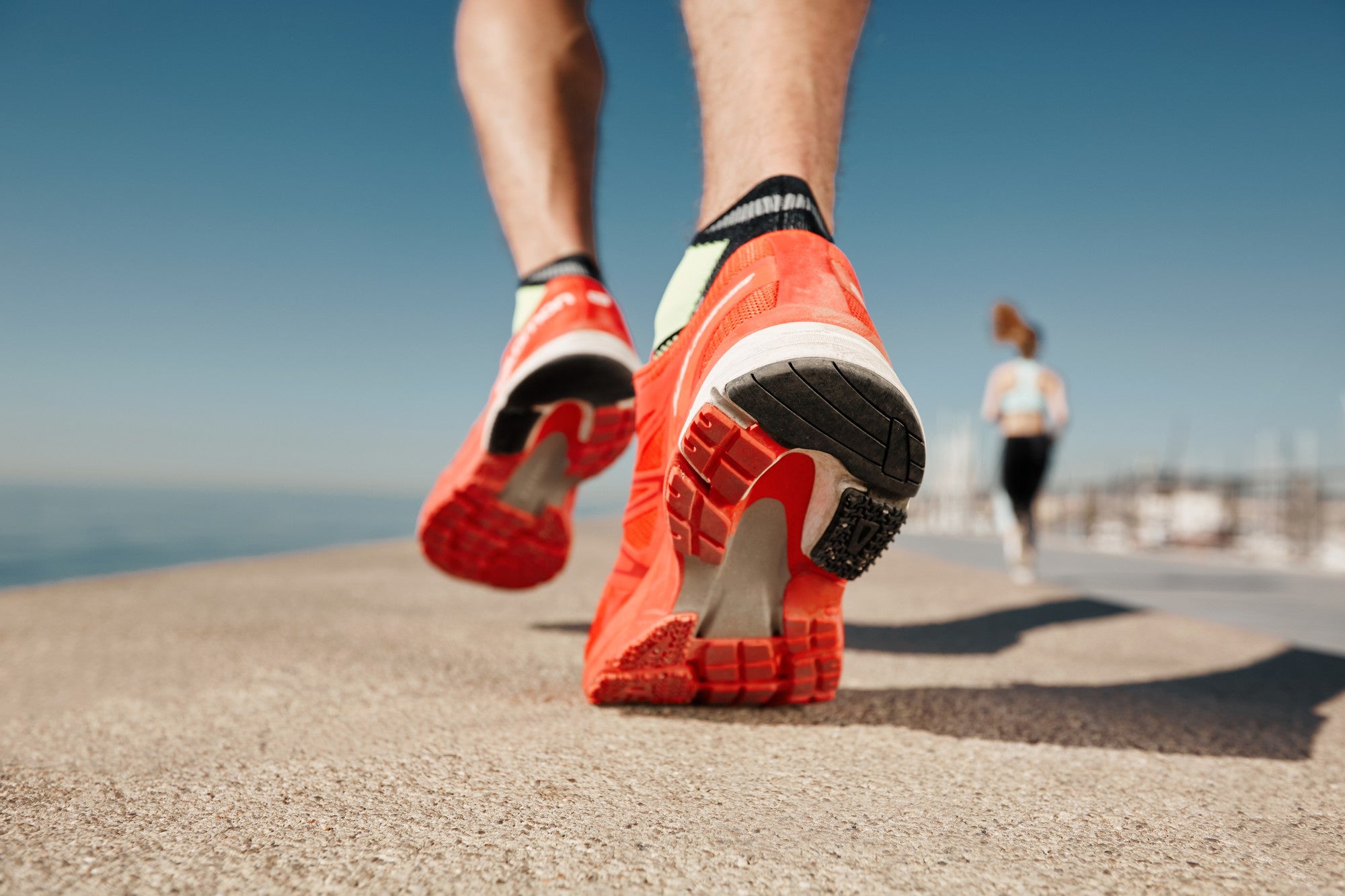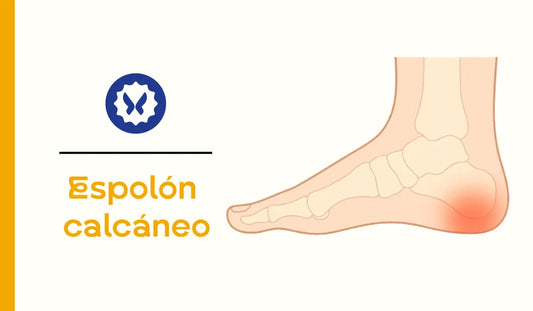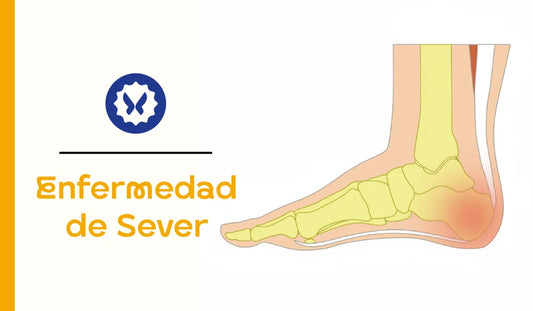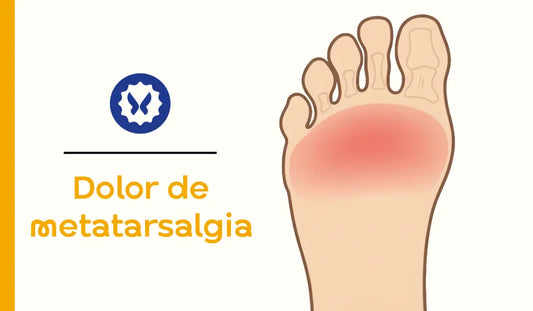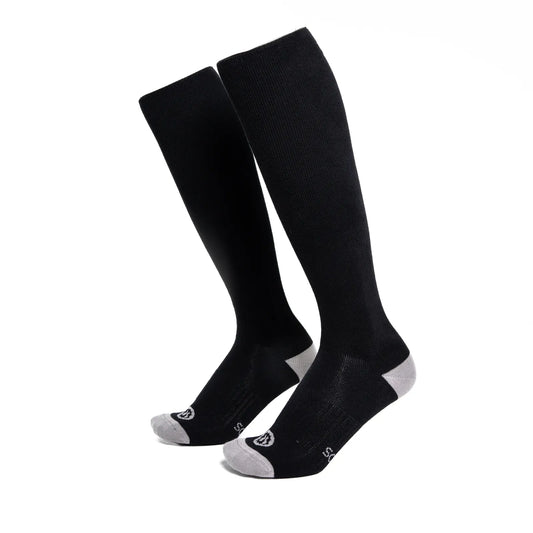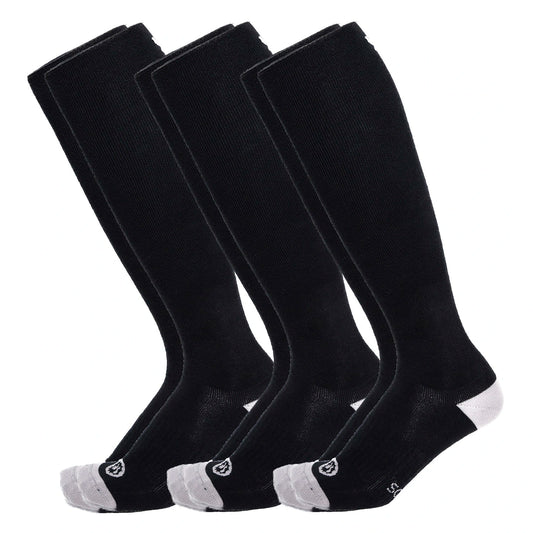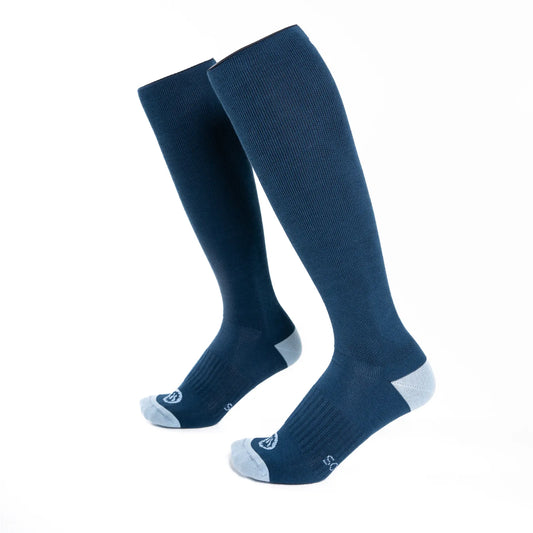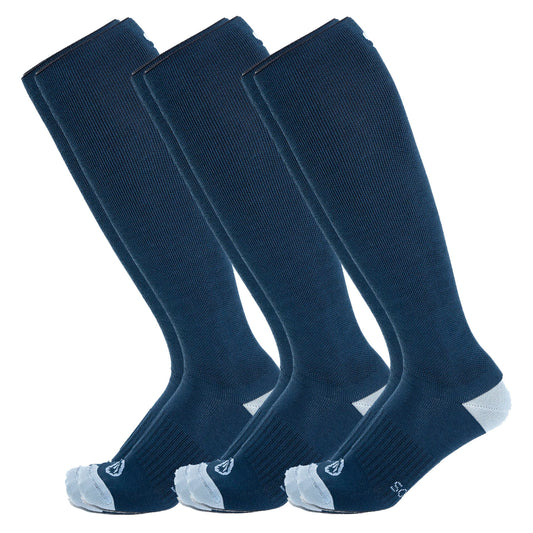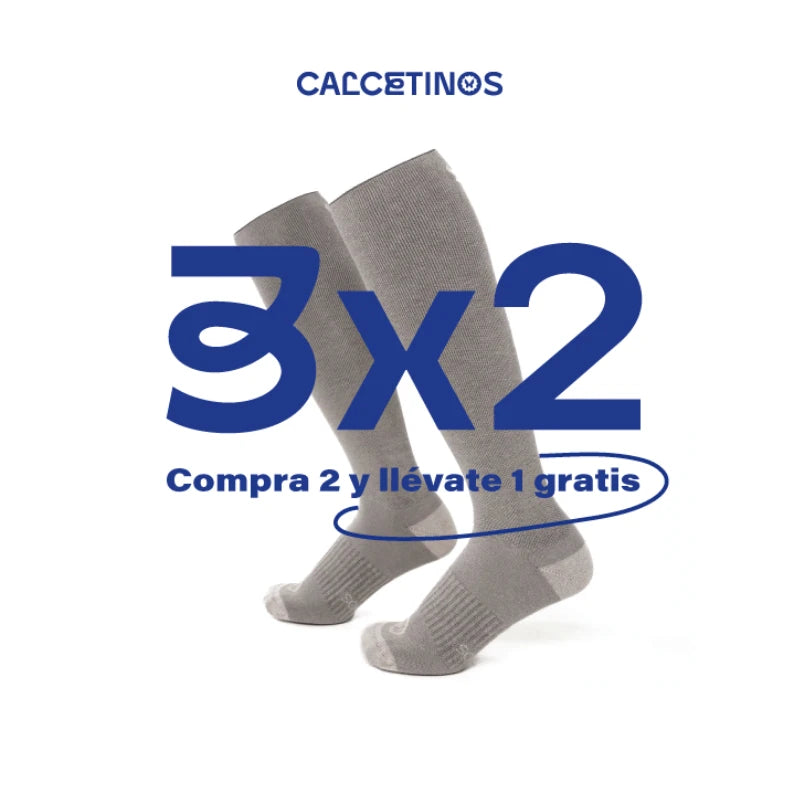Muscle fatigue is an old acquaintance of athletes , whether elite or amateur. But it is also suffered by people who do some more or less intense physical activity , when they are not used to so much jogging: going for a long walk, taking the stairs instead of taking the elevator, etc.
Any muscle can become fatigued, but the most common are the glutes, quadriceps and calves (lower body), and the biceps, triceps and deltoids (upper body).
However, before talking about muscle fatigue, we must first distinguish it from another “pain” that every person in the world has experienced: soreness.
Soreness and muscle fatigue, are they the same thing?
A widespread belief is that muscle soreness occurs when lactic acid crystals “puncture” the muscles . This acid is released by muscle tissues under anaerobic (oxygen-free) conditions, when physical activity is so intense that muscle cells break down glucose for more energy.
That said, there is a lot of research that has shown that this theory about soreness is false , as is, by the way, the one that states that taking sugar before exercise is good (in fact, it is the worst thing you can do).
The reality is that we have put human beings on the Moon and down to the Mariana Trench, but we are still not very clear about why soreness occurs after intense exercise, especially if people at the gym don't even know who we are.
In any case, as we will see below, the symptoms of muscle fatigue are not the same as those of soreness: the former can cause, for example, irregular breathing and pain in the joints, while the latter, at most, They leave us prostrate for a couple of days in front of Netflix and no one dares to move us!
Okay, what is muscle fatigue?
We have defined muscle fatigue as what it is not : simple soreness. But, to do more honor to the scientific method, we have to work a little harder. Here we go…
Muscle fatigue is the inability to continue with the physical exercise we were doing.
To perform the activity, muscle tissues need nutrients and oxygen. When these are not sufficient, the muscle cannot continue functioning correctly, and a tolerance limit is reached that cannot be exceeded. In other words, the muscle is completely exhausted, fatigued, and there is no choice but to abandon the activity.

Common causes of muscle fatigue
There are several causes behind muscle fatigue, that is, the lack of nutrients and oxygen that muscle cells need to activate. We see the main ones right now.
Insufficient calcium levels
The body needs this mineral for muscles to move, as well as to transmit messages from the brain to different parts of the body. If there is a calcium deficiency, the muscles will be weaker, so there will be an overload of work at the slightest effort.
Lack of hydration
Not drinking enough water before, during and after training can also lead to muscle fatigue. The reason is the lower availability of electrolytes (chlorine, potassium, sodium and bicarbonate), minerals that regulate muscle function and that, when exercising, are lost through sweat.
Glycogen deficiency
Glycogen is a molecule stored in the liver and muscles. When carrying out more or less intense exercise, it is transformed into glucose, one of the fuels for the muscles. Thus, if there is little glycogen, the muscles have fewer energy reserves.
Bad nutrition
To keep the body in perfect condition, not only for exercising, but for any physical or intellectual activity, it is essential to follow a balanced diet that provides us with all the nutrients we need (minerals, vitamins, carbohydrates...).
Overexertion
Another cause of muscle fatigue is trying to go from 0 to 100 in one day. That is, we have to know how to set a limit taking into account the physical shape we are in. Let's get dressed slowly, we're in a hurry.
Bad habits
Lack of sleep, tobacco, alcohol and drugs are also closely related to muscle fatigue. Leading a healthy lifestyle will be a guarantee to prevent fatigue.
Poor blood circulation
A balanced diet, not drinking alcohol, not smoking, eating healthy and knowing where our limit is has much less effect if we have any blood circulation problems.
Blood is what transports nutrients, oxygen and water through the body (as well as toxins), so if there is poor circulation, the muscle cells receive less of them.
Symptoms of muscle fatigue
Muscle fatigue occurs when it is physically impossible for us to make that effort, for example, lifting a weight or taking another step. However, there are more symptoms that go beyond pure physical exhaustion, such as:
- Moderate to severe joint pain
- Muscle or tendon tear
- Incrise of cardiac frecuency
- Feeling dizzy and lack of coordination
- Rapid, irregular or insufficient breathing
- Heaviness and bloated feeling
- General discomfort
As soon as one of these symptoms appears, we must immediately abandon the activity we were doing (be careful with weights), hydrate ourselves and eat some food with high energy content that we can eat at the moment, for example, some nuts. Then, go home to rest: the body has already reached its limit, let's not force it any further.
Muscle fatigue is not a disease, but a state of physical exhaustion that generally passes within the next 24-48 hours. To recover as soon as possible, it is important to sleep well and increase the consumption of carbohydrates, minerals and vitamins. Massages, creams or sports supplements such as magnesium also help to recover before muscle fatigue.

Muscle fatigue and swollen legs
The feeling of having swollen legs is very common after exercising the lower body, in the gym, after a run or after a walk that has been overwhelming. As we have seen before, the cause can be anything from poor diet to poor blood circulation .
Unfortunately, at Calcetinos we are not nutritionists... but for the second we do have a solution !: compression socks for muscle fatigue .
This type of garment applies light pressure (14-17 mmHg) to the natural “pumps” of the foot and leg, causing excessively dilated blood vessels to constrict . In this way, blood circulation is improved and, with this, the muscle cells receive all the nutrients they need in just the right amount.
This way, you can do one more repetition or take that little step that brings you closer to your goal: the satisfaction of seeing that you have crossed it.
Whether you are an elite athlete, an amateur or have just started exercising to lose those extra kilos... Discover all our compression socks here and let us give your legs a hand!

